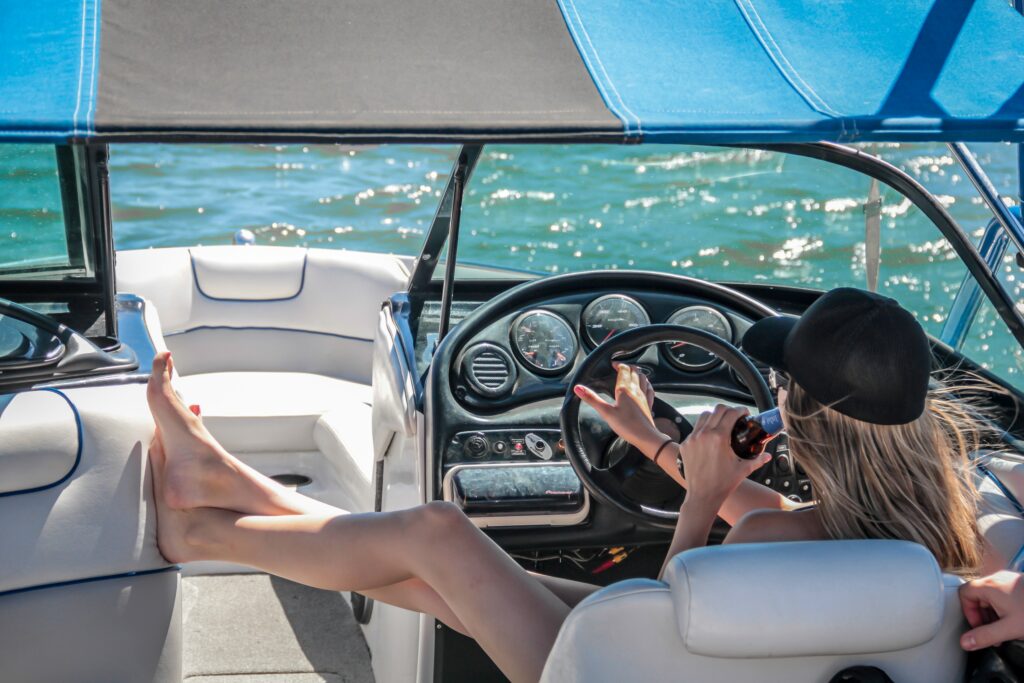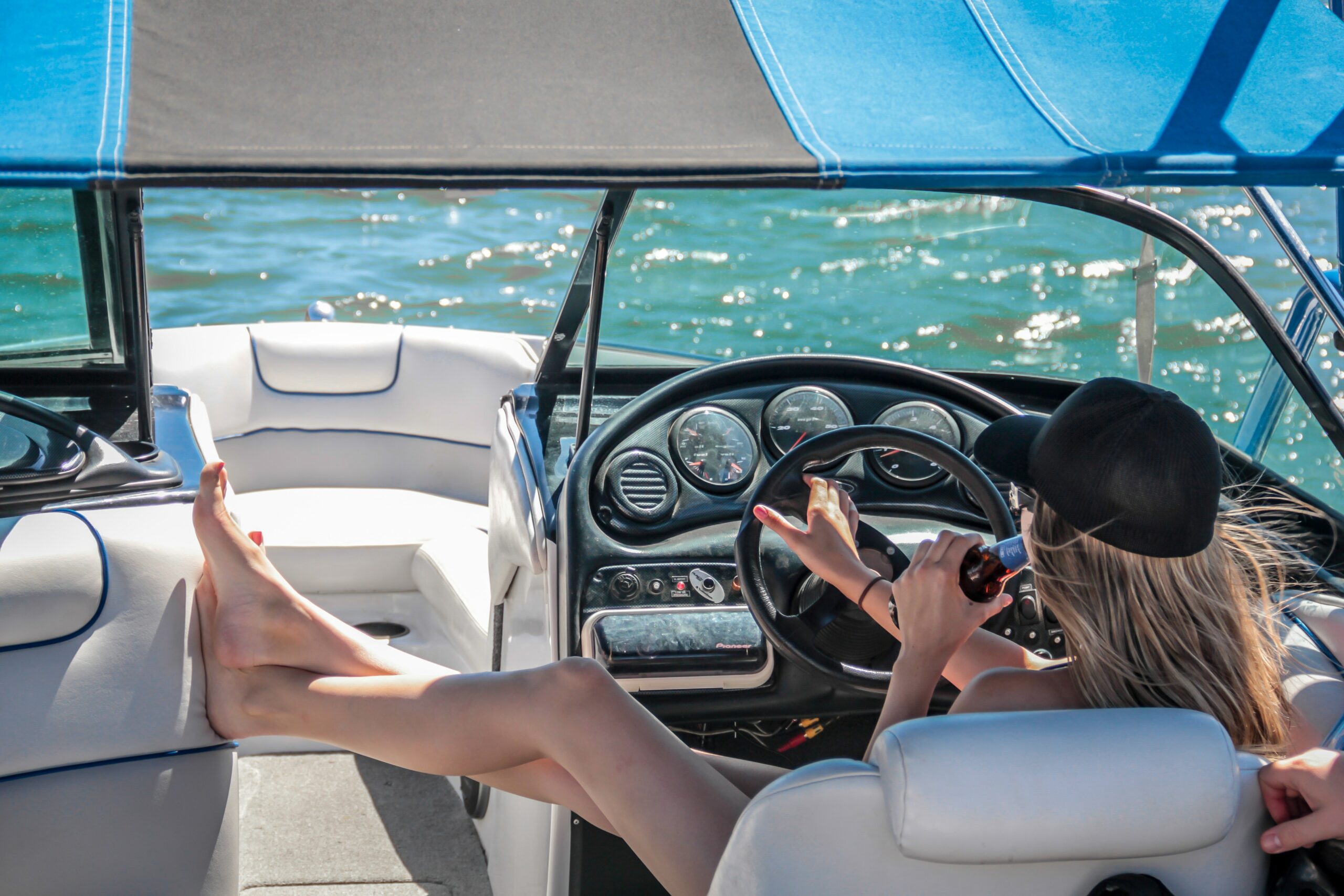As an experienced boater, you’re certainly familiar with boat insurance policies.

For example, if you’re looking for yacht insurance, you’ll probably want to know if the policy pays the agreed-upon value or the boat’s actual cash value. You may also be aware of a trend similar to auto insurance in which boat insurers increasingly provide 24-hour on-water and on-road towing services—but these may not be appropriate for every boater. So you’re undoubtedly aware of all of this and more.
But how can you know what you don’t know if you don’t know what you don’t know?
We approached BoatUS, one of the nation’s leading recreational marine insurers, for a list of unusual boat-insurance policy exemptions and riders that aren’t generally included in standard plans. These products will increase the cost of your insurance, but they may save the day if you ever need them. Of course, we’re not saying you need them, and we’re not claiming this is an exhaustive list. Instead, we want you to know what to ask for when purchasing boat insurance.
Total-Salvage Protection
Assume a storm has stranded your boat in a marsh hundreds of yards from a road or the water. (According to BoatUS, this happens to many boats during named storms.) Because equipment cannot be driven or floated across to the boat, and due to environmental rules, rescuing the boat, which may be essentially undamaged, can cost tens of thousands of dollars. Consider this coverage even if you only want to buy a basic liability policy to meet the requirements of your marina and have no interest in protecting the value of your boat—this is also something to think about for boaters in hurricane-prone areas. BoatUS advises salvage-coverage dollar limits that are different from but equal to your hull coverage. Because some companies limit salvage coverage to a tiny percentage of the policy’s hull value, the boater is forced to pay for further salvage expenditures out of pocket.
Coverage for Fuel Spills
Boaters are held liable for gasoline spilled for any cause under federal law. Oil in the bilge from a sloppy oil change may be spilled when your bilge pump kicks on or that the boat sinks in the slip, resulting in fuel or oil leaks. Whatever occurs, environmental damage assessments for fuel leaks can be almost $1 million, and the cost of cleanup may also be charged—a fee that may dwarf the fine. Therefore, fuel-spill coverage should be explored even if you are looking for a basic liability policy. Still, it may be wiser to have separate coverage because it will likely cover more. Gasoline-spill coverage is an issue for all boats with fuel tanks, but those who travel near delicate ecosystems such as coral reefs, oyster beds, and wetlands should pay special attention to fuel-spill covering.
Coverage for Consequential Damage
Tragedies, such as a ship sinking, are frequently caused by failing minor components. We’ve all heard stories about sterndrive bellows or broken through-hull fittings causing boats to sink, and some of us may have seen it firsthand. While some plans cover sinking, they exclude coverage if it occurs due to subsequent damage, such as a failing bellows or seacock. Therefore, it would help inquire about coverage for consequential damage caused by a sinking or other major disaster. Please remember that some insurance carriers’ consequential-damage coverage only applies to total losses, so inquire about this. Dismasting, collisions, stranding, fire, and explosion are further instances of consequential-damage occurrences.
